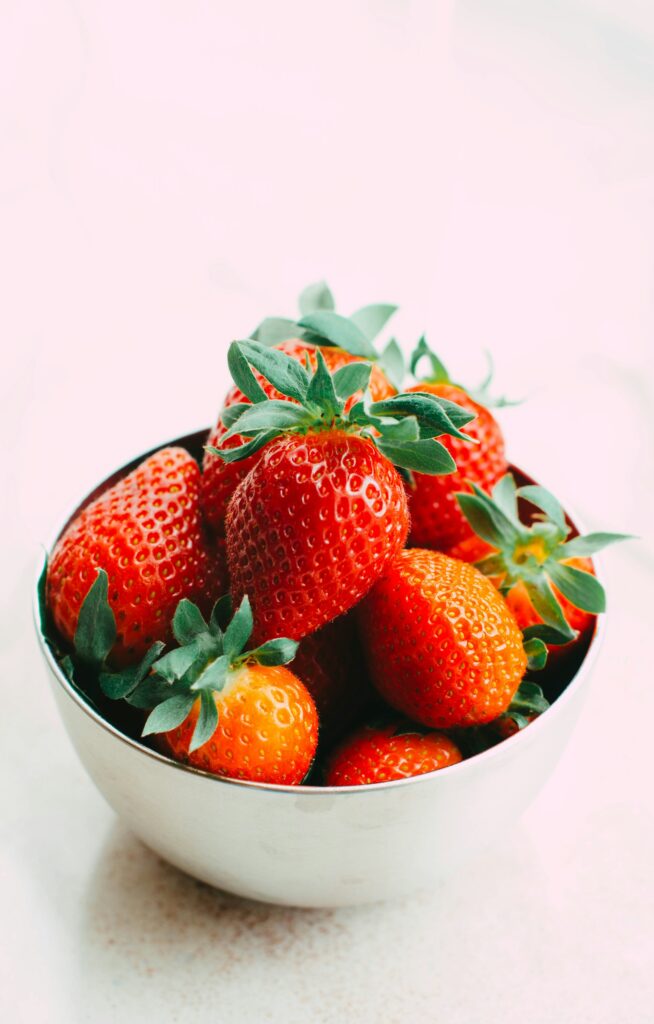Colon cancer is one of the most common cancers worldwide, yet research continues to show that diet plays a major role in both its prevention and progression. While conventional treatments focus on surgery, radiation, and chemotherapy, science is uncovering powerful natural compounds that can help protect against this disease. Enter polyphenols and phytochemicals—nature’s own cancer-fighting arsenal.
What Are Polyphenols and Phytochemicals?
Polyphenols and phytochemicals are bioactive compounds found in plants that offer numerous health benefits, including antioxidant, anti-inflammatory, and anti-cancer properties. While they aren’t considered essential nutrients like vitamins and minerals, they play a critical role in defending the body against disease.
How Do Polyphenols Help Fight Colon Cancer?
Research shows that polyphenols work through multiple mechanisms to reduce the risk of colon cancer and even slow tumor growth:
- Neutralizing Free Radicals – Polyphenols are potent antioxidants, meaning they help neutralize oxidative stress, which is a major driver of cancer development.
- Reducing Chronic Inflammation – Chronic inflammation is linked to colon cancer. Polyphenols help lower inflammation by modulating inflammatory pathways in the body.
- Inhibiting Cancer Cell Growth – Some polyphenols can interfere with the growth and replication of cancer cells, making it harder for tumors to develop.
- Enhancing Gut Health – A balanced gut microbiome plays a key role in preventing colon cancer, and polyphenols support the growth of beneficial bacteria while reducing harmful ones.
- Triggering Cancer Cell Death (Apoptosis) – Certain polyphenols can induce apoptosis, the process where cancer cells self-destruct, preventing them from spreading.
Best Polyphenol-Rich Foods for Colon Cancer Prevention
If you want to harness the power of polyphenols, focus on these nutrient-dense, plant-based foods:
- Berries (blueberries, strawberries, raspberries) – Packed with anthocyanins, which have strong anti-cancer properties.
- Green Tea – Rich in catechins, known for their ability to slow tumor growth.
- Turmeric – Contains curcumin, a potent anti-inflammatory compound that has been widely studied for its cancer-fighting effects.
- Dark Chocolate (85% or higher cocoa) – Loaded with flavonoids that help reduce inflammation and oxidative stress.
- Olive Oil – A Mediterranean diet staple with high levels of hydroxytyrosol, a polyphenol linked to lower cancer risk.
- Cruciferous Vegetables (broccoli, kale, Brussels sprouts) – Contain sulforaphane, a compound that detoxifies carcinogens and slows tumor growth.
- Apples and Grapes – Resveratrol in grapes and quercetin in apples have both been linked to reduced cancer cell growth.
The Role of Phytochemicals in Colon Cancer Prevention
Phytochemicals are another class of plant compounds that offer cancer-protective benefits. While polyphenols are a type of phytochemical, there are many other powerful compounds, including:
- Carotenoids – Found in carrots, sweet potatoes, and spinach, these compounds have been shown to inhibit tumor growth.
- Glucosinolates – Present in cruciferous vegetables, they help detoxify harmful substances that could otherwise damage colon cells.
- Saponins – Found in legumes, these compounds help block cancer cell growth and stimulate immune function.
- Lignans – Found in flaxseeds and sesame seeds, they have been linked to a lower risk of hormone-related cancers.
Gut Microbiome & Colon Cancer: How Polyphenols Play a Role
Your gut microbiome—the trillions of bacteria in your digestive tract—plays a significant role in colon health. Polyphenols act as prebiotics, feeding beneficial gut bacteria and promoting a healthy balance. A strong gut microbiome helps reduce inflammation, improve digestion, and enhance the body’s natural defenses against cancer.
Diets high in processed foods, sugar, and unhealthy fats promote harmful bacteria, which can lead to inflammation and an increased risk of colon cancer. By shifting to a diet rich in polyphenol-packed foods, you’re creating an internal environment that actively resists disease.
Making Lifestyle Changes for Colon Cancer Prevention
In addition to increasing your intake of polyphenol-rich foods, here are some key lifestyle changes to further reduce your risk:
- Eat More Fiber – A high-fiber diet helps move waste through the digestive system, reducing the time harmful substances stay in contact with the colon lining.
- Exercise Regularly – Physical activity helps regulate inflammation and supports overall gut health.
- Avoid Processed Foods – Processed meats, refined sugars, and artificial additives can contribute to cancer risk.
- Manage Stress – Chronic stress affects gut health and immune function, increasing susceptibility to disease.
- Maintain a Healthy Weight – Excess body fat, particularly around the abdomen, is linked to a higher risk of colon cancer.
Final Thoughts: Polyphenols as a Natural Cancer Defense
Nature has provided us with an abundance of powerful compounds that can help protect against colon cancer. Polyphenols and phytochemicals offer a natural, scientifically-backed approach to cancer prevention, working through multiple pathways to fight inflammation, support gut health, and inhibit tumor growth.
Take back control of your health with lifestyle as medicine. ProjectLx empowers you to heal with evidence-backed, non-pharmaceutical strategies. Your time to heal is now. Join ProjectLx.com today.
